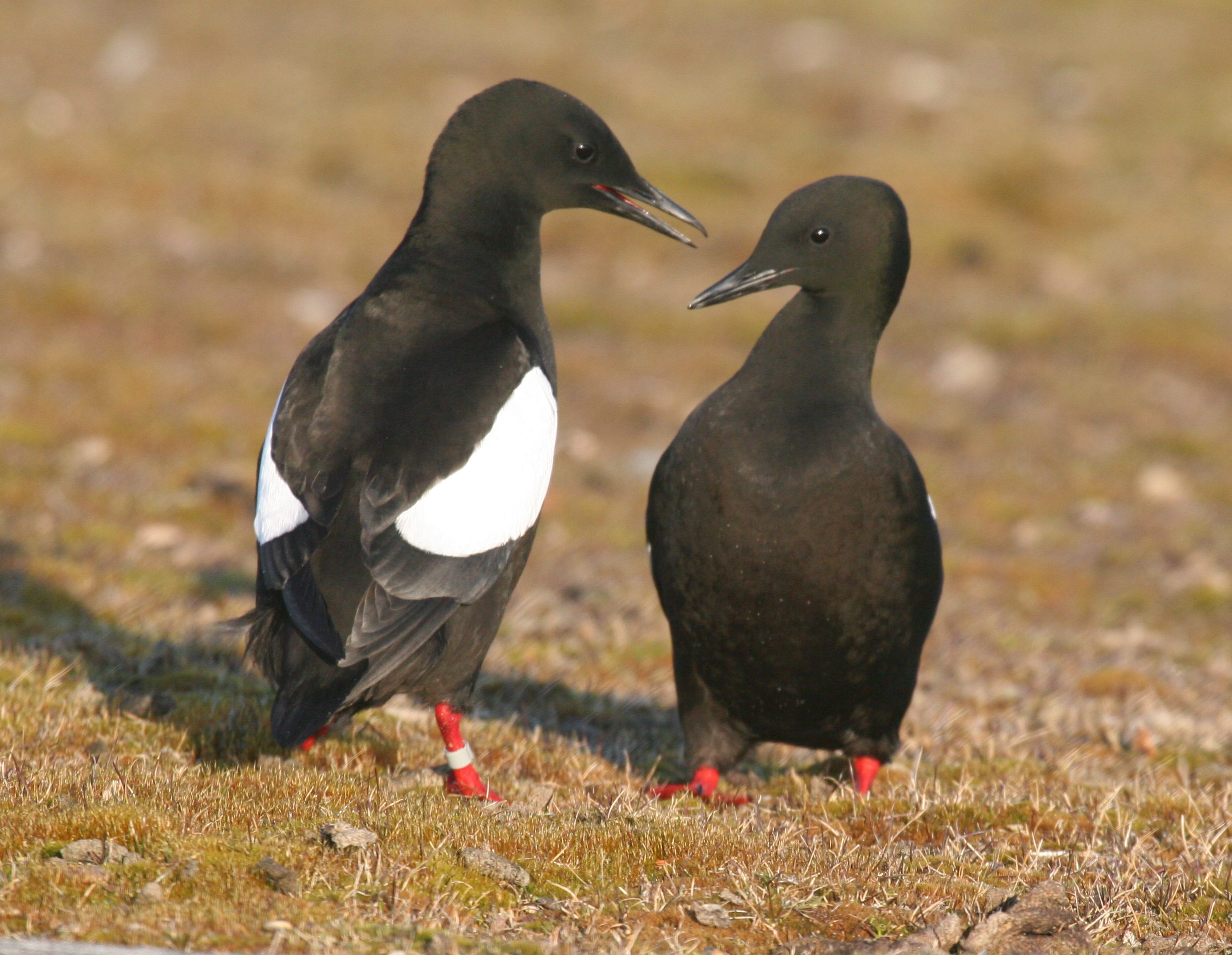Please join us at Town Hall Seattle on the evening of Tuesday, April 23. The five-decades of research of a seabird colony on Cooper Island, Alaska has provided clear and unsettling evidence of the extent and rapid pace of Arctic climate change. The island’s colony of Mandt’s Black Guillemot, studied annually since 1975, decreased from over two...
Category: Field Notes
Our annual Seattle Update – March 7, 2023
Please join us at Town Hall Seattle on the evening of Tuesday, March 7. In addition to providing an update on the status of our seabird study colony and the melting Arctic, we will share stories (some funny, some sad) about the joy and heartbreak of maintaining a remote field camp for five decades. We look forward to seeing old and...
2022 Cooper Island Update
March 15, 2022 Town Hall Seattle Reception at 6 pm with presentation at 7 pm We are happy to once again have an in-person event in Seattle at Town Hall Seattle, but glad the presentation will also be available on YouTube for live streaming and later viewing on our YouTube channel. The evening will begin...
View video of our February 2021 Update
Dr. George Divoky’s long-term study of Arctic seabirds has dramatically documented global warming and its consequences on the Black Guillemot colony.
The nearly impossible 2020 field season
Maintaining a long-term study of an Arctic seabird on a remote island off the northern Alaska coast has never been easy. Maintaining that study in 2020, when very few things anywhere in the world were easy, meant dealing with a new set of logistical hurdles and personal dilemmas and sacrifices. Thanks to the extraordinary help...
Red-legged guillemots and a problematic shearwater
On first sight, what most people notice about Black Guillemots in their summer plumage are their bright red legs. The species could easily be called “Red-legged Guillemot” - were there not two other species in the guillemot genus Cepphus with red legs.
A decreased breeding effort, but the colony persists.
This improbable 2020 field season is finishing its second week. As I anticipated, being back in Utqiagvik and heading out to Cooper Island helped make this bizarre year feel a little more normal. But once on the island, my initial census of the colony quickly reminded me that, while the entire world is focused on...
Against all odds: a 2020 field season
In early spring, when the first evidence of the scale of the pandemic was becoming clear, many field biologists realized that restrictions or concerns about travel would prevent them from having a field season. The impact was especially bad for graduate students and early career researchers who had worked hard to obtain funding and prepare...
[POSTPONED] Annual Seattle Update – Tuesday March 17th
Watching the Arctic Melt Away We regretfully have to postpone our annual Seattle update due to increasing concerns about the COVID-19 coronavirus and our patrons’ health, including the recent decision by Town Hall Seattle to suspend in-person attendance for all events. Reporting to our followers at our Seattle annual event is a yearly highlight for...
A Visit From a French Demographer
Thanks to our participation in the international Sentinels of Sea Ice (SENSEI) project, this summer the Cooper Island field camp was visited by Pierre-Loup Jan, the post-doc analyzing the Cooper Island demographic data set. After 44 years of sharing the island with a seabird with a French name (“guillemot” is the diminutive of Guillaume –...
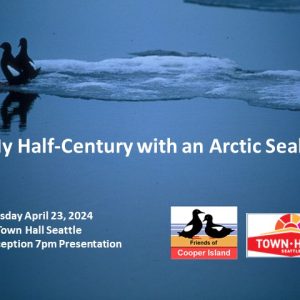
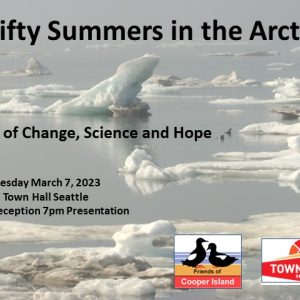
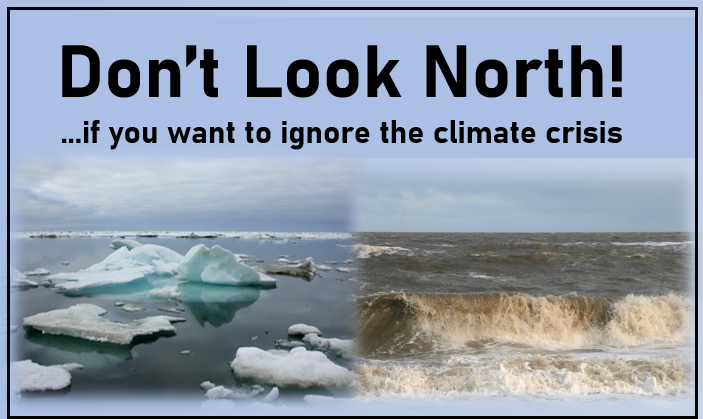
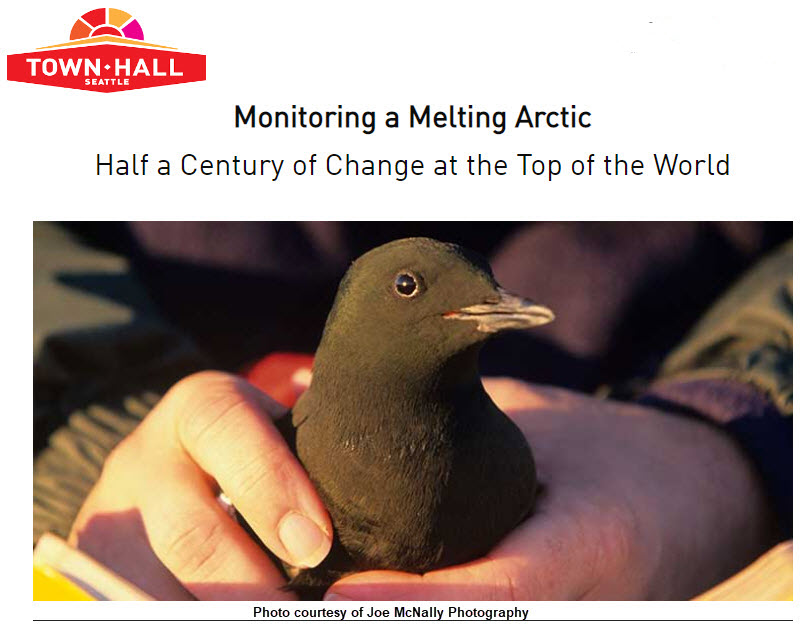
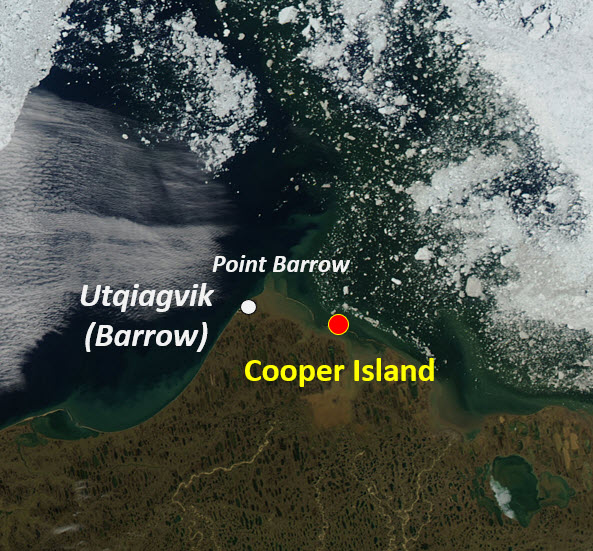
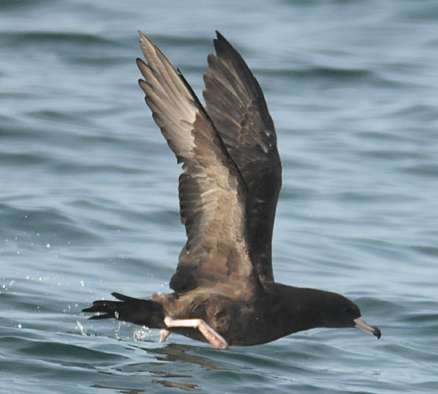
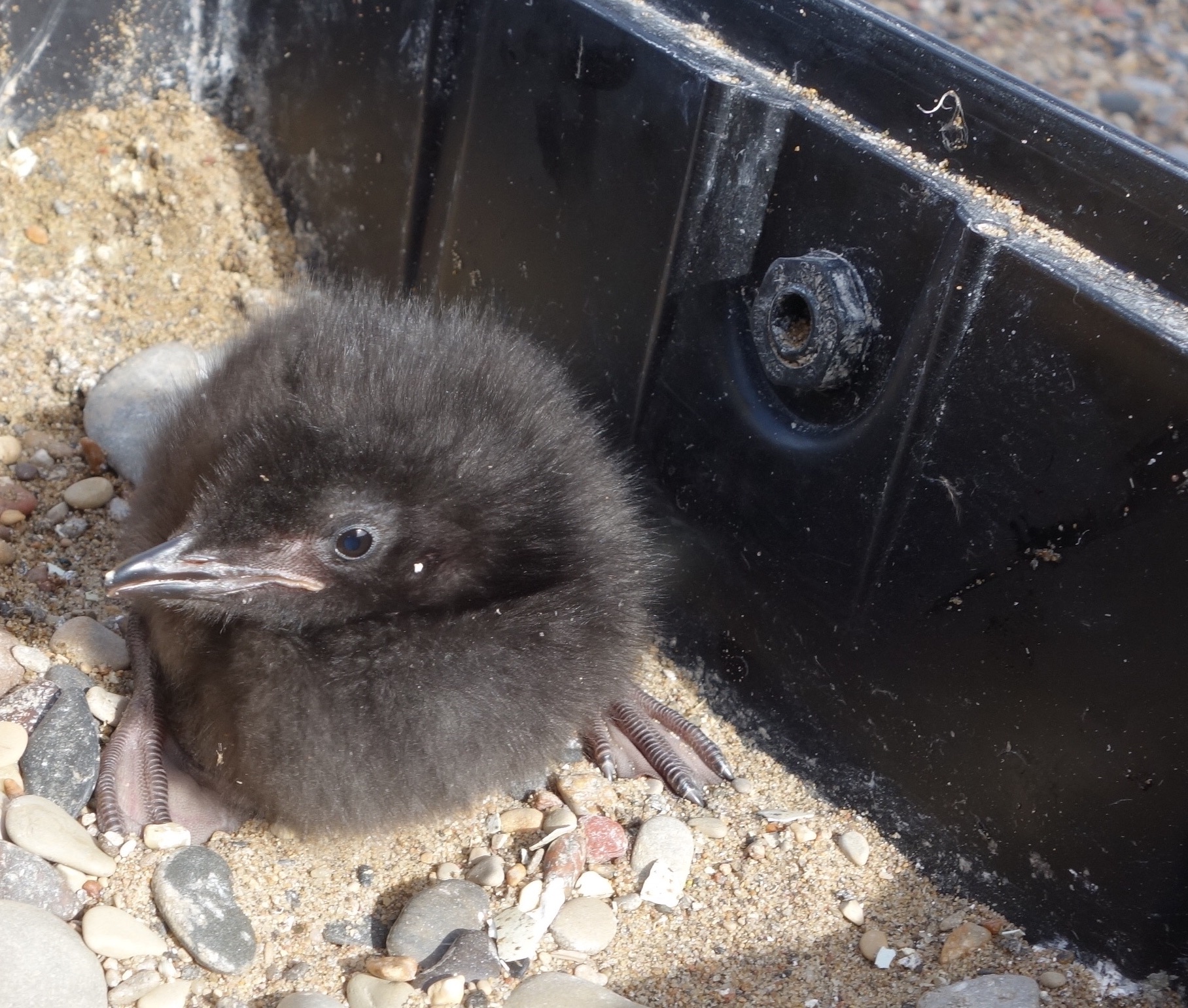
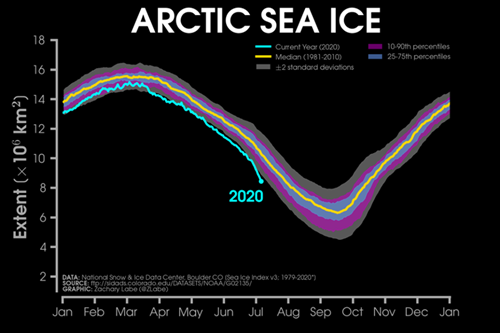
![jm-gjd-nyt-1 [POSTPONED] Annual Seattle Update – Tuesday March 17th](https://cooperisland.org/wp-content/uploads/2019/12/jm-gjd-nyt-1.jpg)
